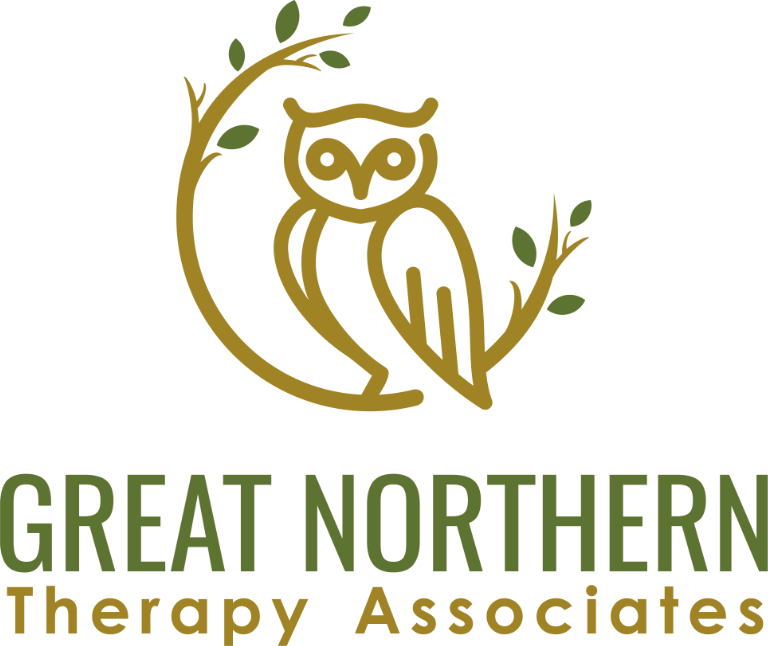Today, lifestyle medicine is changing how people work. The medical specialty employs lifestyle interventions in the treatment of chronic health conditions. Some of these conditions include obesity, type 2 diabetes, and cardiovascular disease.
Clinicians certified in lifestyle medicine apply prescriptive and evidence-based lifestyle changes to treat or reverse conditions. They do this by applying the six pillars related to the practice as a preventive strategy.
The Six Pillars Used in the Lifestyle Medicine Program
These core concepts of lifestyle medicine include the following:
- The use of whole foods and plants
- Increased physical activity
- Restorative sleep practices
- Stress management
- The avoidance of risky substances, such as alcohol
- The promotion of positive social connections
New work environments and schedules have given people the opportunity to experiment with healthy living over the past two years. However, many employees continue to struggle.
Why Lifestyle Medicine has Been Embraced by the Medical and Work Community
U.S. workers, nowadays, are more worn-out and exhausted mentally and physically than ever. That is where lifestyle medicine comes into play. Many employers and HR leaders are thinking about changing their employee benefit plans in response. By focusing on preventive and restorative care, they can improve their company’s culture and pay less for benefits that cover the treatment of preventable diseases.
Because of the pandemic, many Americans have delayed exams and regular medical care. Some people are dealing with ailments that they don’t think are “serious enough” to call for an appointment.
Also, some employees have gone through subtle health changes – changes that result from a combination of health issues and emotions, all which impact a person’s work performance. When this happens, employees often experience burnout, which has a direct effect on a company’s bottom line.
Therefore, employers are formatting new strategies so they can improve their employees’ wellbeing and address the unique issues currently posed by hybrid and remote workforces.
Not only does lifestyle medicine provide employees with medical answers, it also supports other aspects of employer-sponsored healthcare, especially when offered virtually.
Contrary to self-care, lifestyle medicine makes use of a clinician’s healthcare expertise to learn more about the underlying causes of an illness. Therefore, this knowledge is used to make daily decisions that enhance an employee’s health, while supporting workers with continuing coaching and feedback.
Every business wants to be more productive. With the current blending of work and personal life, owing to the pandemic, employers are placing an increased emphasis on their workers’ welfare.
A “Win-Win” Situation for Employer and Employee
Lifestyle medicine presents a “win-win” situation for both the employer and employee. Employers experience less absenteeism and higher retention rates while workers feel better about what they’re doing and increase their level of production.
Final Thoughts about Lifestyle Medicine and Its Benefits
This type of wellness program establishes a human connection while utilizing technology to improve access to preventative and therapeutic health regimens. By extending virtual specialty care, employers can increase employee support for other employer-provided healthcare benefits.
Great Northern Helps Injured Workers Recover
Great Northern Therapy Associates is your partner who can provide counseling services to injured workers. We have therapists throughout many states who can meet in person and via remote telehealth sessions to work with injured workers and develop an individualized plan to help them adjust and successfully return to work.
We have partnered with and provided mental health support to workers at some of the largest companies in the world. But, at our core, we are still “people taking care of people,” one person at a time. Contact us today by filling out a form (below), submitting a referral, or calling us at the number below.

